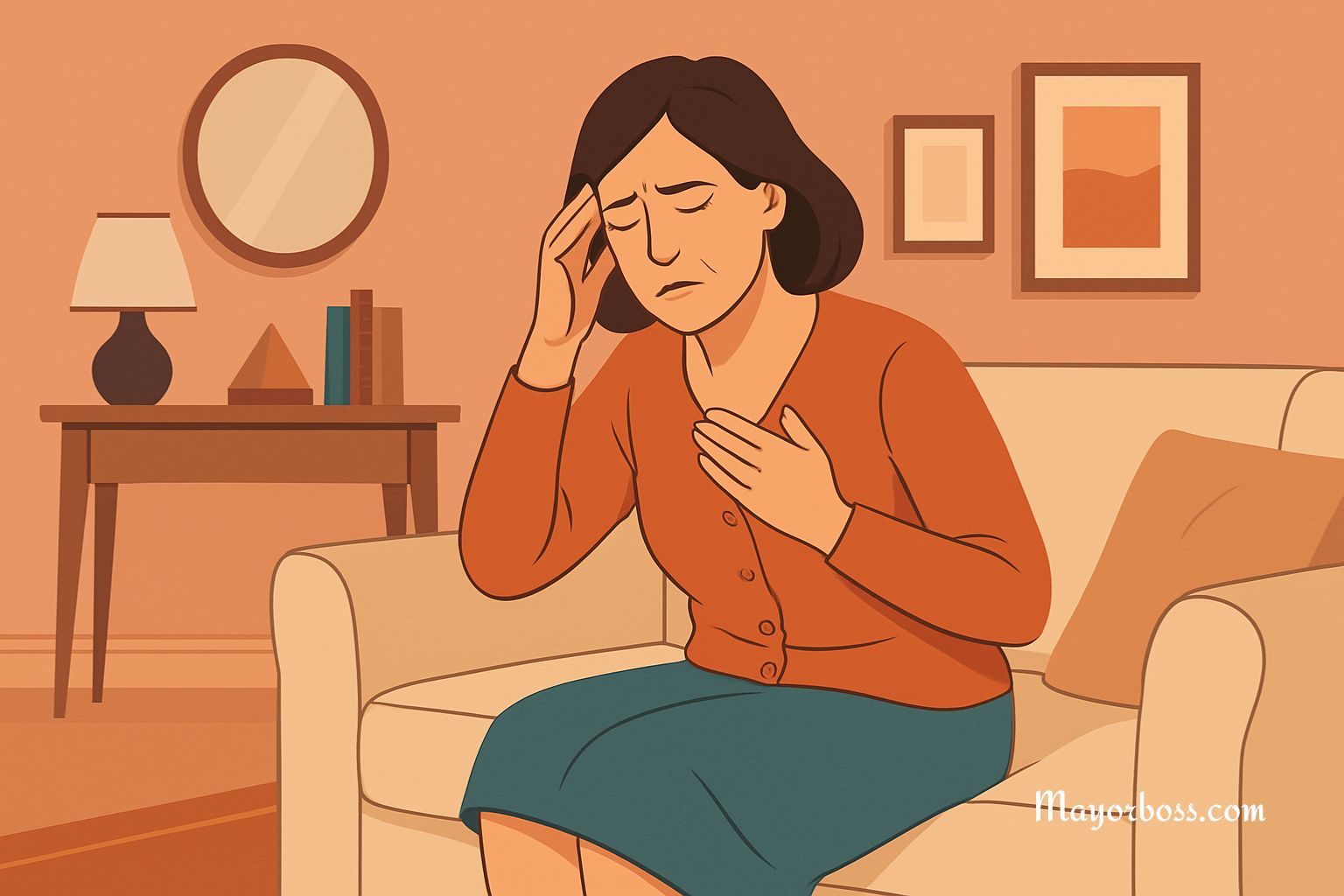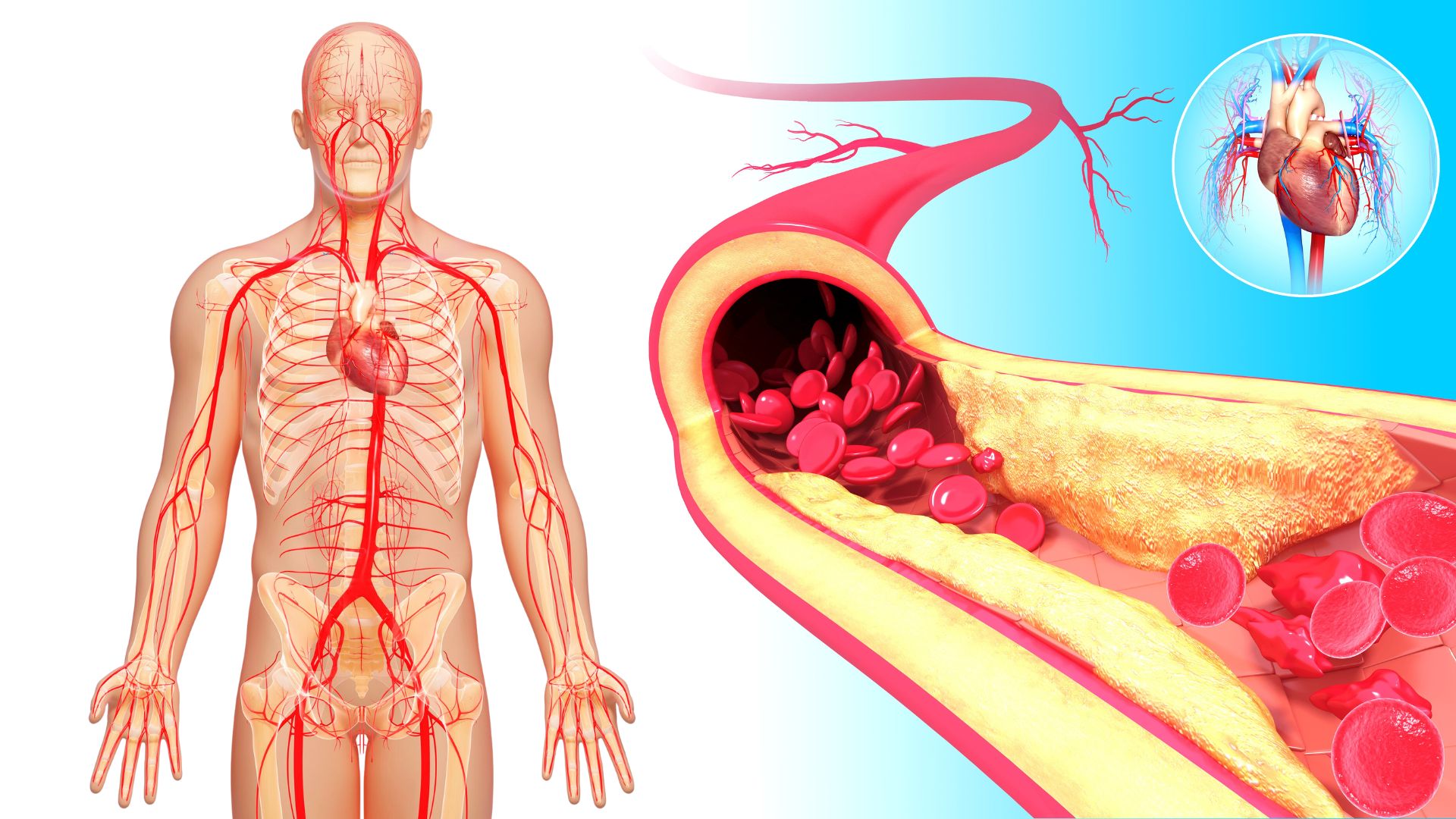7 Signs of Difficulty Breathing That You Shouldn’t Ignore
Did you know that we take over 20,000 breaths a day without even thinking about it? But when breathing becomes difficult, it’s impossible to ignore. Difficulty breathing isn’t just uncomfortable; it can also mean something serious is going on. Whether it’s a small issue or something that needs a doctor’s help, recognizing these signs early can prevent severe health problems and help you act quickly. Continue reading to learn seven warning signs that mean you might need to take action.

Shortness of Breath When You’re Not Exercising
One of the most common signs of trouble breathing is feeling short of breath when you’re not exercising or doing anything hard. If climbing a few stairs or walking to the kitchen leaves you gasping for air, it could be a sign of a bigger problem, like asthma, chronic obstructive pulmonary disease (COPD), or even heart disease.
If this happens often, it’s important to talk to a doctor. They can help figure out if it’s from something temporary like anxiety or something that needs longer-term treatment.
Feeling Tightness or Pain in Your Chest
If your chest feels tight or painful when you breathe, it might be more than just discomfort—it could be related to both lung and heart issues. Sometimes, this feeling of tightness in the chest can be from swollen airways or other breathing issues. But even more worrying, it could mean a heart problem. Heart attacks can cause chest tightness, and people often think this is a breathing problem.
If chest pain comes on suddenly and doesn’t go away, seek immediate medical help. It’s always better to be safe when it comes to chest pain.
Persistent Coughing That Doesn’t Go Away
Everyone coughs sometimes, but a persistent cough that doesn’t go away might mean a breathing problem. If your cough lasts more than a few weeks or comes with mucus or wheezing, it could be a sign of bronchitis, pneumonia, or even COPD. Doctors say that persistent coughing, especially with mucus, often means your lungs are trying to clear something out—which means something isn’t right.
Coughing is a way your body protects itself, but if it lasts more than three weeks, see a doctor.
Struggling to Breathe When Lying Down
If you need extra pillows at night just to breathe comfortably, this might be a sign of congestive heart failure or other lung problems. Using extra pillows can help reduce pressure on your lungs and heart, making it easier to breathe. Struggling to breathe when lying down can make sleeping hard, leading to fatigue and other health problems.
This is an important warning sign that means your heart and lungs aren’t working as well as they should. Don’t ignore this symptom; see your doctor if this happens to you.
Wheezing or Making Whistling Sounds While Breathing
Wheezing is a high-pitched whistling sound that you can hear when breathing, usually when you exhale. This happens when your airways are narrowed or partly blocked. Asthma is a common cause of wheezing, but it can also be caused by allergic reactions, infections, or even COPD.
If you or someone else is wheezing regularly, it’s important to get medical advice. Narrow airways mean that oxygen isn’t flowing well, and that could lead to problems if untreated.
Rapid Breathing Without Reason
Rapid breathing is your body’s way of getting more oxygen, but if it happens for no clear reason, it could be a sign that your body is struggling. Rapid breathing is often linked to panic attacks, but it can also be a sign of conditions like pneumonia, lung disease, or even a blood clot in the lungs (pulmonary embolism).
Rapid breathing from panic can often be helped with relaxation techniques, but if it keeps happening or you’re unsure why, you should get medical help. Your body might be saying it needs more oxygen, and finding out why is important.
Blue Fingertips or Lips
Blue-tinged lips or fingertips are a clear sign that your body is not getting enough oxygen. This condition, called cyanosis, happens when oxygen levels in your blood are too low. It can be caused by breathing problems like severe asthma attacks or pneumonia, but it can also mean heart problems.
If you see a bluish color in these areas, contact a doctor right away. This is a serious sign that oxygen isn’t getting where it needs to go, and quick action can make a big difference.
When to Seek Medical Help
If you’re having any of these signs, it’s important to see a doctor as soon as possible. Difficulty breathing is a big sign that something might be wrong with your lungs, heart, or even circulatory system. While not every breathing problem is an emergency, you shouldn’t ignore symptoms that could lead to serious issues.
Taking breathing problems seriously and knowing these signs can make a big difference in stopping a small issue from becoming a major health problem.
The Takeaway
Breathing should be easy and natural. If it’s not, your body might be trying to tell you something important. Whether it’s shortness of breath, wheezing, or even blue lips, these are signs that shouldn’t be ignored. Paying attention to your body and getting the help you need is important for staying healthy.
Early intervention can prevent bigger problems. If you ever feel that your breathing problem is sudden, severe, or getting worse, call a doctor right away.






